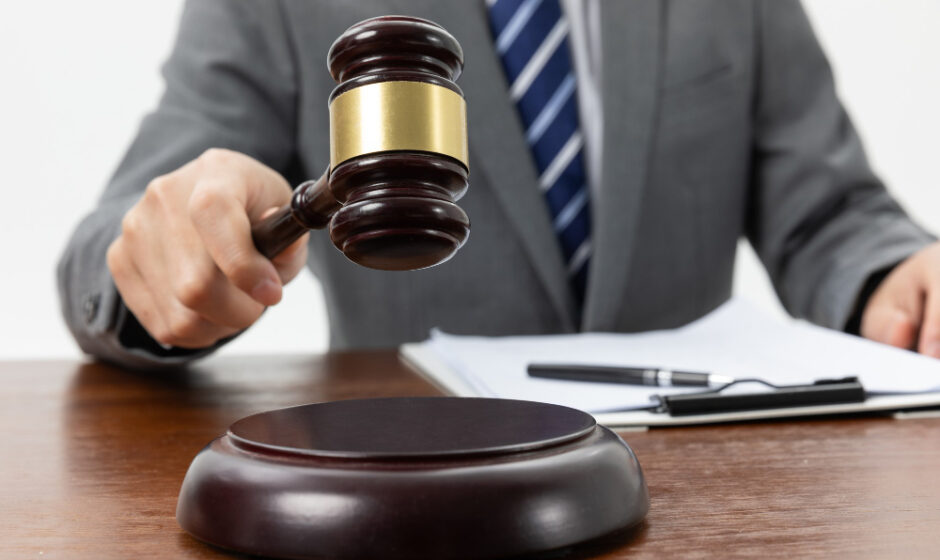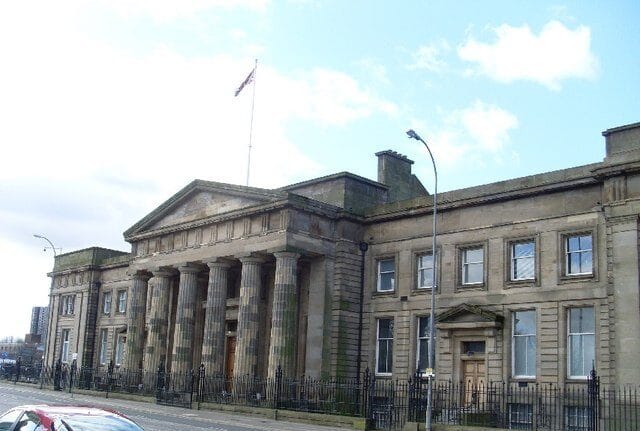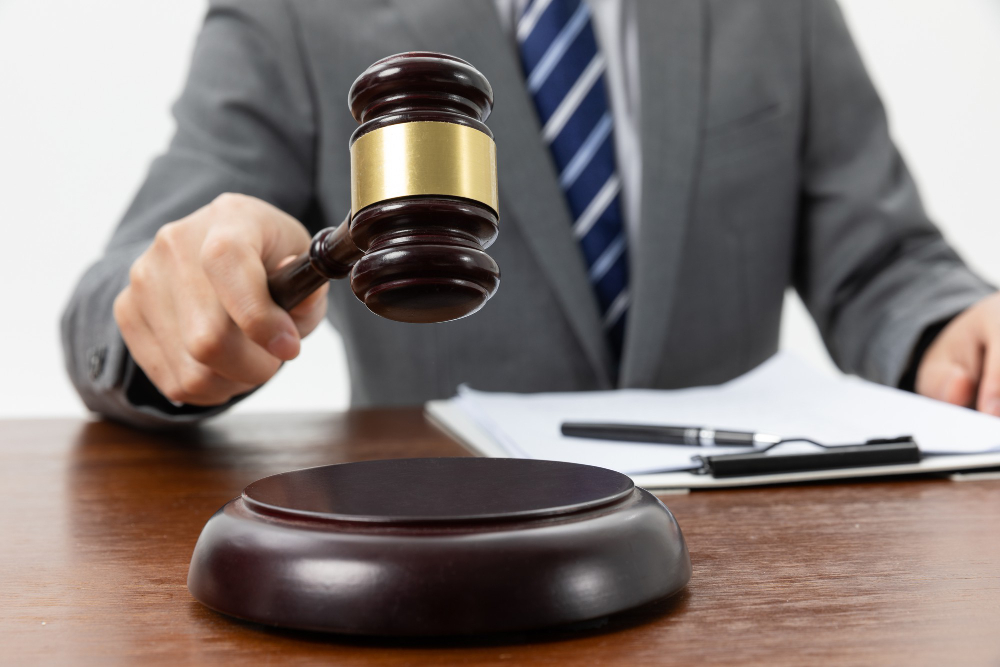Names of 20 clients barred from disclosure in pivotal SLAPP tribunal case
The Solicitors Disciplinary Tribunal has barred the naming of 20 clients caught up in an alleged SLAPP case, citing the overriding need to protect legal privilege. The decision came during a case management hearing this week, when the tribunal accepted a jointly submitted anonymity schedule that included 20 names and 81 key dates.
The case revolves around Christopher Mark Hutchings, a solicitor at Hamlins LLP, accused of making false or misleading assertions during a telephone call with a lawyer, identified only as “Solicitor G,” in October 2018. According to the Solicitors Regulation Authority (SRA), Hutchings claimed to have spoken with counsel and asserted that his client had a strong case for bringing contempt proceedings, or words to that effect. The veteran lawyer, admitted to the roll in 1992, denies all wrongdoing.
At the hearing, conducted by the tribunal’s panel chair, Nicholas, lawyers for both sides argued that revealing the identities of clients could breach the sacrosanct privilege between lawyers and their clients.
Paul Ozin KC, representing the SRA, was emphatic that anonymity was vital for safeguarding privilege. “To be clear, we are not suggesting that anonymity should be imposed so as to protect the reputation of any individual. It is being applied for to protect privilege, as privilege will be undermined if there is identification of the clients concerned,” he said.
“The case law establishes that open justice principles must give way to privilege, which is absolute, where necessary and in the interests of justice.”
Embed from Getty ImagesOzin added that the risk of “jigsaw identification” was significant given the “prominent public profile” of the events in question and the “public involvement of the individuals” connected to those events.
Ben Hubble KC, representing Hutchings, warned of the prejudicial effect of allowing names to be made public. He argued that “Client A” would be exposed to serious risk due to a false and defamatory claim made by “Client B,” and that publishing the names could unfairly taint Client A.
Hubble also made the point that any evidence involving consideration of the underlying litigation ought to be heard in private. In doing so, he said, Hutchings would be forced into an almost impossible position: defending his reputation publicly while simultaneously trying to avoid inadvertently revealing a former client’s identity.
“On the one hand, he is trying to defend his professional reputation. On the other hand, he is trying to avoid a slip of the lip which might result in his former client’s name being revealed,” Hubble told the tribunal.
Panel chair Nicholas granted the order, stressing that it was “made to protect professional privilege” rather than as a measure to shield any person from scrutiny. The anonymity schedule, including 20 names and 81 significant dates, was duly approved.
The case marks the second instance of alleged SLAPP-type behaviour reaching the tribunal. A substantive hearing has been listed for October, when the evidence will be tested further.
With tensions rising and questions about the balance between open justice and privilege intensifying, the upcoming proceedings are set to shed more light on the controversial intersection between privacy, accountability, and the use of legal proceedings to silence critics.





